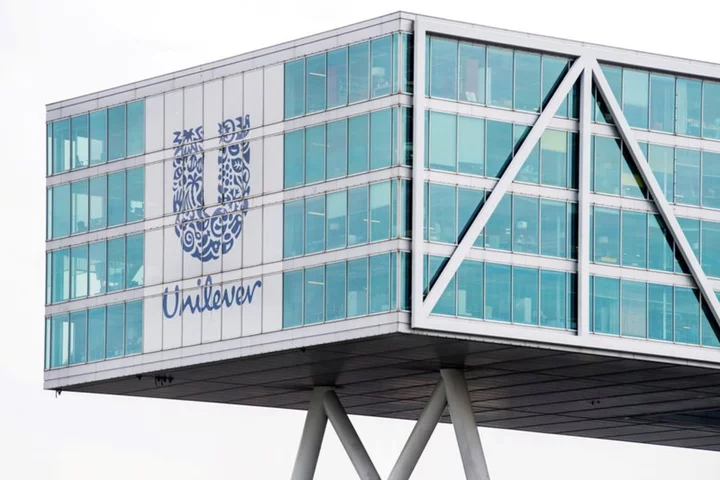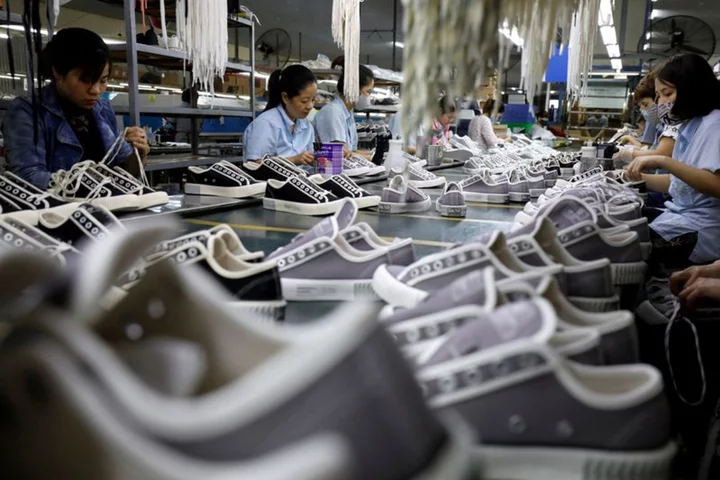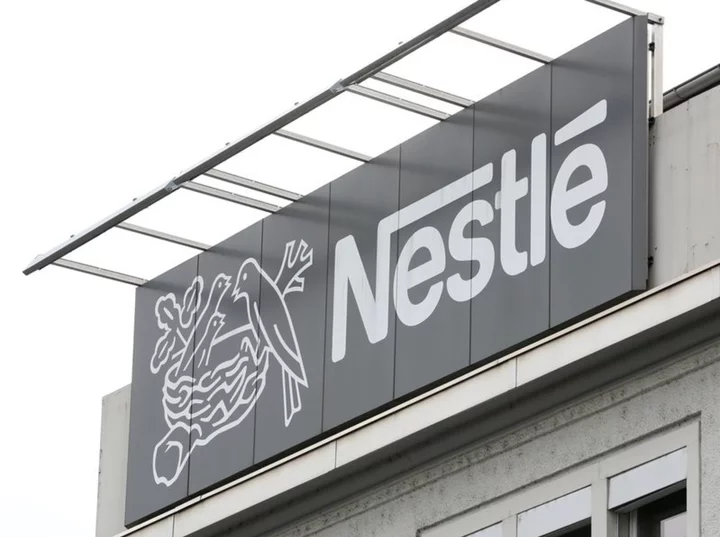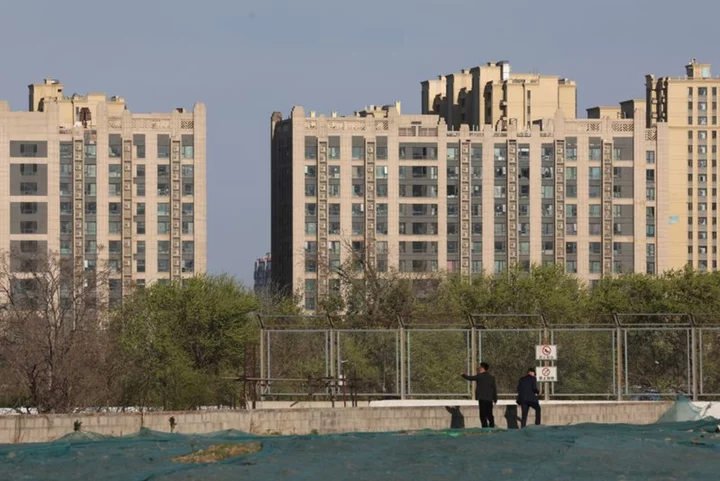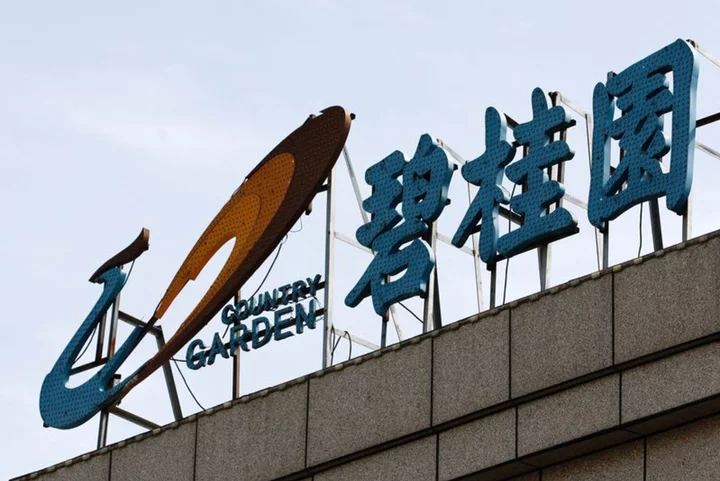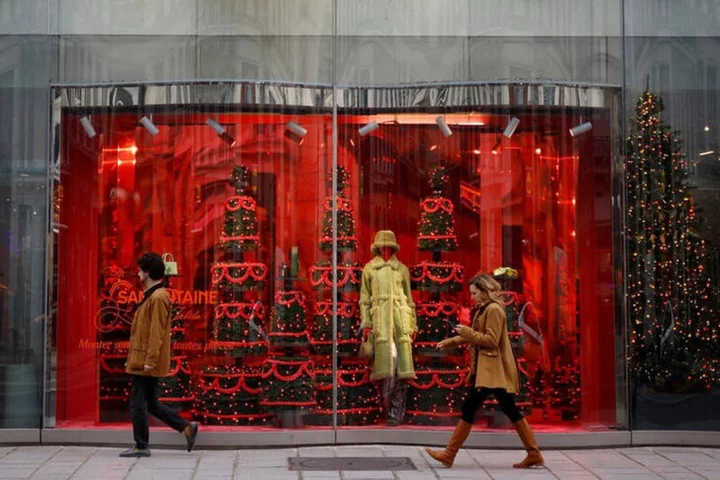By Richa Naidu
LONDON British consumer goods giant Unilever said on Tuesday that China's declining property market and exports had sent its consumer sentiment to a historic low, having earlier this year forecast a Chinese "consumption boom".
The maker of Dove soap and Ben & Jerry's ice cream in February flagged $1.5-$2 trillion in "excess household savings" in China that it believed could boost its sales in the country and in Southeast Asia.
Beijing at the time, after almost three years of a "zero-COVID" strategy, had recently dropped its restrictions almost completely and said it would boost imports and promote a consumption recovery to boost the economy.
But a lot has changed in the region since then.
Economic data from China this month showed its post-pandemic surge was quickly fizzling out, raising expectations that the government needs to bring out more stimulus measures to drive activity and bolster tepid consumer confidence.
"What we're seeing is a very cautious consumer in China, a declining property market and reduced export demand in China -- a lot of demand has shifted into the markets of Southeast Asia. Thailand, Vietnam, in particular benefit quite a bit from that," Unilever finance chief Graeme Pitkethly said on a call with journalists.
"And there is high unemployment in China, particularly youth unemployment...As much as we can tell we're at the historical low point in terms of Chinese consumer confidence."
Nonetheless, Unilever said underlying sales growth in China rose by high single-digits, recovering in the second quarter with volume-led, double-digit growth against a softer prior year comparison figure which was impacted by lockdowns.
Unilever on Tuesday reported earnings, beating underlying sales growth forecasts after again raising prices to offset higher costs and sending its shares higher.
(Reporting by Richa Naidu; editing by Jason Neely)

